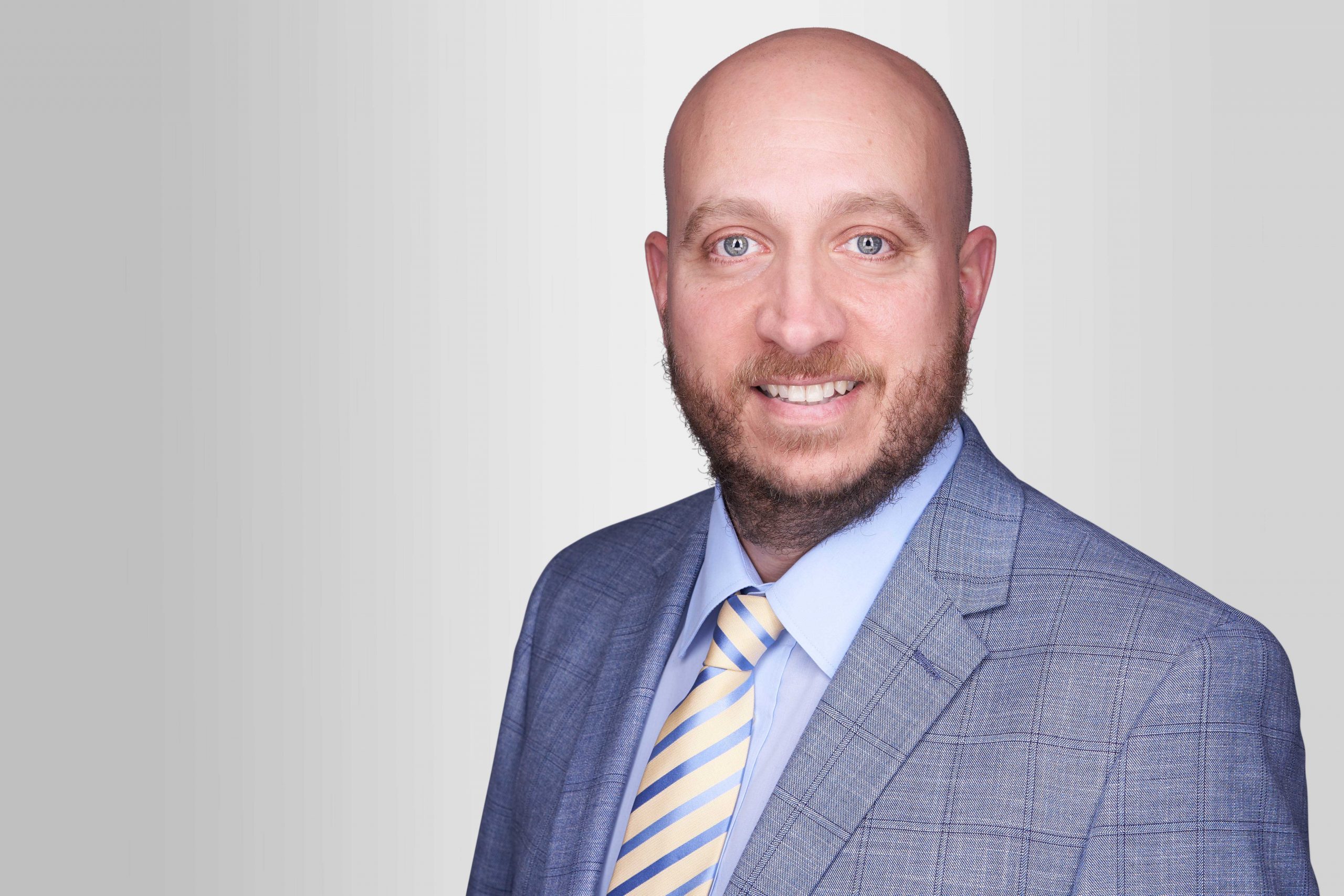Surveillance – is someone watching you?
For some time, insurers have used covert video surveillance in an attempt to discredit claimants and limit their damages. In the more extreme cases, they have used surveillance to pursue allegations of fundamental dishonesty, which if upheld, can lead to serious sanctions for a claimant, with a potential custodial sentence being a real, albeit worst case, scenario. But whilst insurers will say that surveillance footage is irrefutable and should be taken as gospel, can this really be the case?
There will no doubt be the odd case whereby a claimant will be caught with their hand in the cookie jar, when a disc of surveillance footage lands on their solicitors’ desk and the solicitor loads the footage, sits back with baited breath, fingers crossed and eyes half closed with no idea what to expect, only to be greeted by images of their client, who has claimed to be confined to a wheelchair, beating all of the other parents at the school parents’ sports day.
This, of course, is an extreme and highly unlikely scenario and in my personal experience, surveillance footage is rarely as damning as it may appear at first viewing. In the case of Karapetianas v Kent and Sussex Loft Conversions Ltd (2017) for example, the Deputy High Court Judge, when delivering Judgment, decided that surveillance footage showing the claimant in a very different light to how he presented to the medical experts who examined him for the purpose of the claim was not sufficient for him to find that the claimant had sought to intentionally mislead the insurer or the Court.
The claimant had fallen through the floor of a loft and sustained a very serious fracture of the pelvis. The case went all the way to trial, with the insurer relying upon surveillance footage taken of the claimant on multiple days over a period running from March to August 2014. Interestingly, the claimant had been seen by two different orthopaedic surgeons, two different consultant pain specialists, a neurosurgeon and a neurologist, all prior to the footage being taken. However, updated medical evidence obtained subsequent to the footage being taken and with the experts having access to that footage suggested that the experts could not explain the severity of the claimant’s self-reported symptoms and what the footage showed.
However, the Deputy Judge did not believe that this could lead him to conclude that the claimant was intentionally misleading the Court. He instead determined that the claimant had, on the balance of probabilities, “recovered to the extent that he had regained something approaching normal functionality”. The Deputy Judge acknowledged that the claimant continued to have symptoms which significantly impacted upon him as at the date of trial, but he could not conclude that these symptoms were attributable to the index accident. He found the claimant to be a credible, plausible witness and dismissed the insurer’s submission that he should strike out the claimants’ case.
In stark contrast to this case is the case of Sudhirkumar Patel v (1) Arriva Midlands Ltd (2) Zurich Insurance PLC (2019), in which the claimant was struck by a bus and when examined by experts for both the claimant and insurer, was found by both to be completely unresponsive in bed, with no movement in his limbs and unable to speak. The claimant’s son advised the experts that this is how the claimant was all of the time, yet the experts were unable to provide any neurological explanation for this.
In light of this very unusual presentation, the insurer had the claimant put under surveillance over a period of several days in May 2016 and footage obtained and ultimately presented to the Court showed the claimant shopping with his son on several occasions and on each of those occasions, he could clearly be seen walking unaided, talking and generally living an independent life.
As a direct result of this damning video surveillance footage, the insurer applied to the Court for leave to amend its Defence to now plead that the claim should be struck out due to the fundamental dishonesty of the claimant. Having made a finding of primary liability in favour of the claimant, HHJ Clarke went on to determine that the claimant had intentionally misled the insurer and the Court in an effort to secure a higher award of damages and that his son had been complicit in this deceit. The judge made a finding of fundamental dishonesty and struck the claimant’s claim out in its entirety, with an order that the claimant also pay the insurer’s costs, including a payment of £50,000 on account of costs to be made within 3 weeks, such was the extent of the dishonesty.
Again, such cases are rare, but claimants must nonetheless be aware of the fact that they can be put under surveillance at any time, particularly in higher value claims where they are seeking substantial damages. Surveillance footage is admissible as evidence in a personal injury claim, but as the case of Karapetianas v Kent and Sussex Loft Conversions Ltd (2017) shows, even footage that appears at first viewing to be incredibly harmful to a claim cannot necessarily be taken as irrefutable evidence. There is often an explanation.
However, claimants who are the subject of apparently adverse surveillance footage are castigated for raising arguments such as “They got me on a good day”, “I was on a high dose of pain medication at the time” or “I remember that day and if they had carried on filming for another half an hour, the footage would show me in agony”. These are all arguments which may well be true but which the courts do not always look favourably upon.
*Disclaimer: The information on the Anthony Gold website is for general information only and reflects the position at the date of publication. It does not constitute legal advice and should not be treated as such. It is provided without any representations or warranties, express or implied.*

No comments